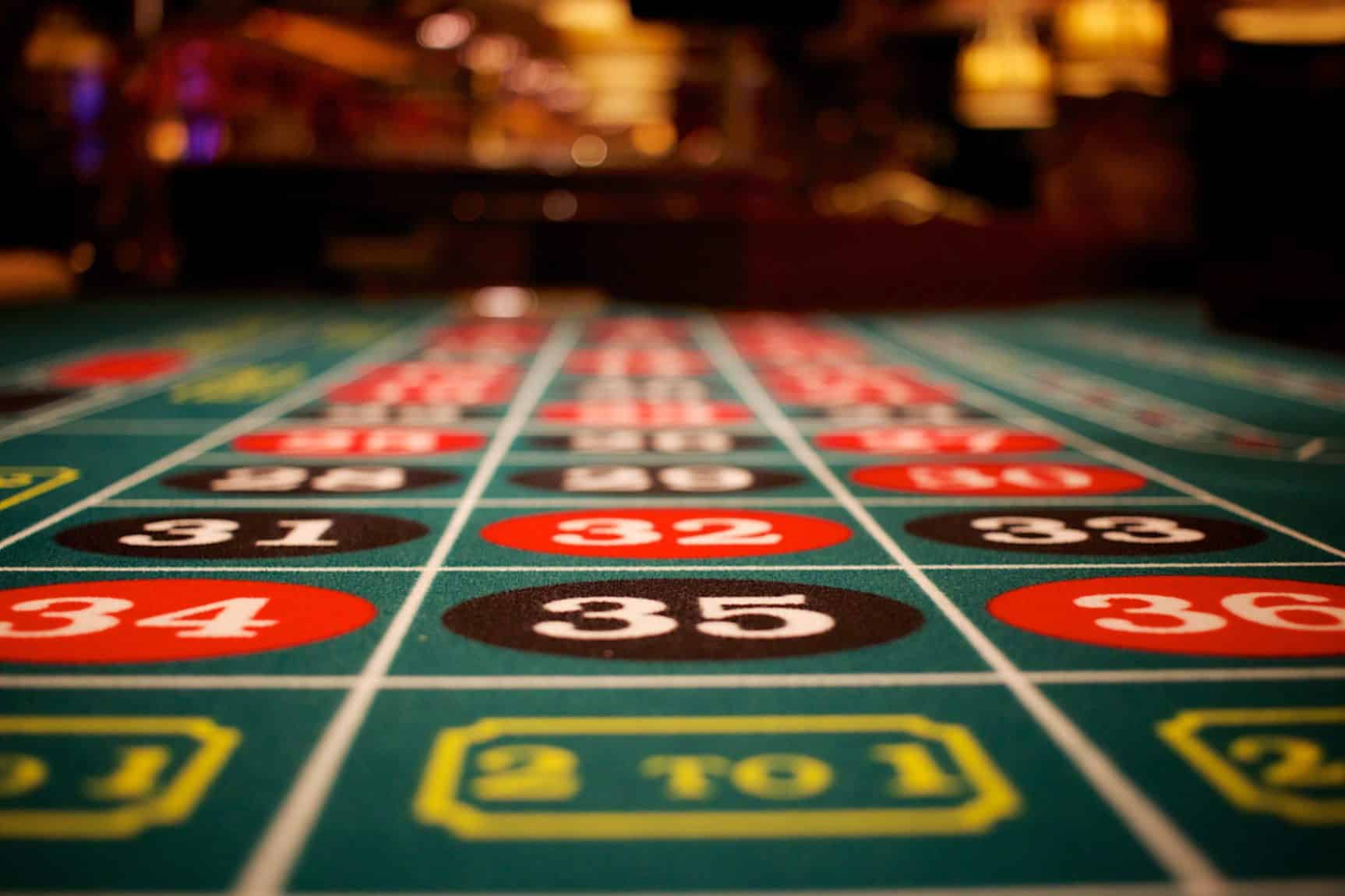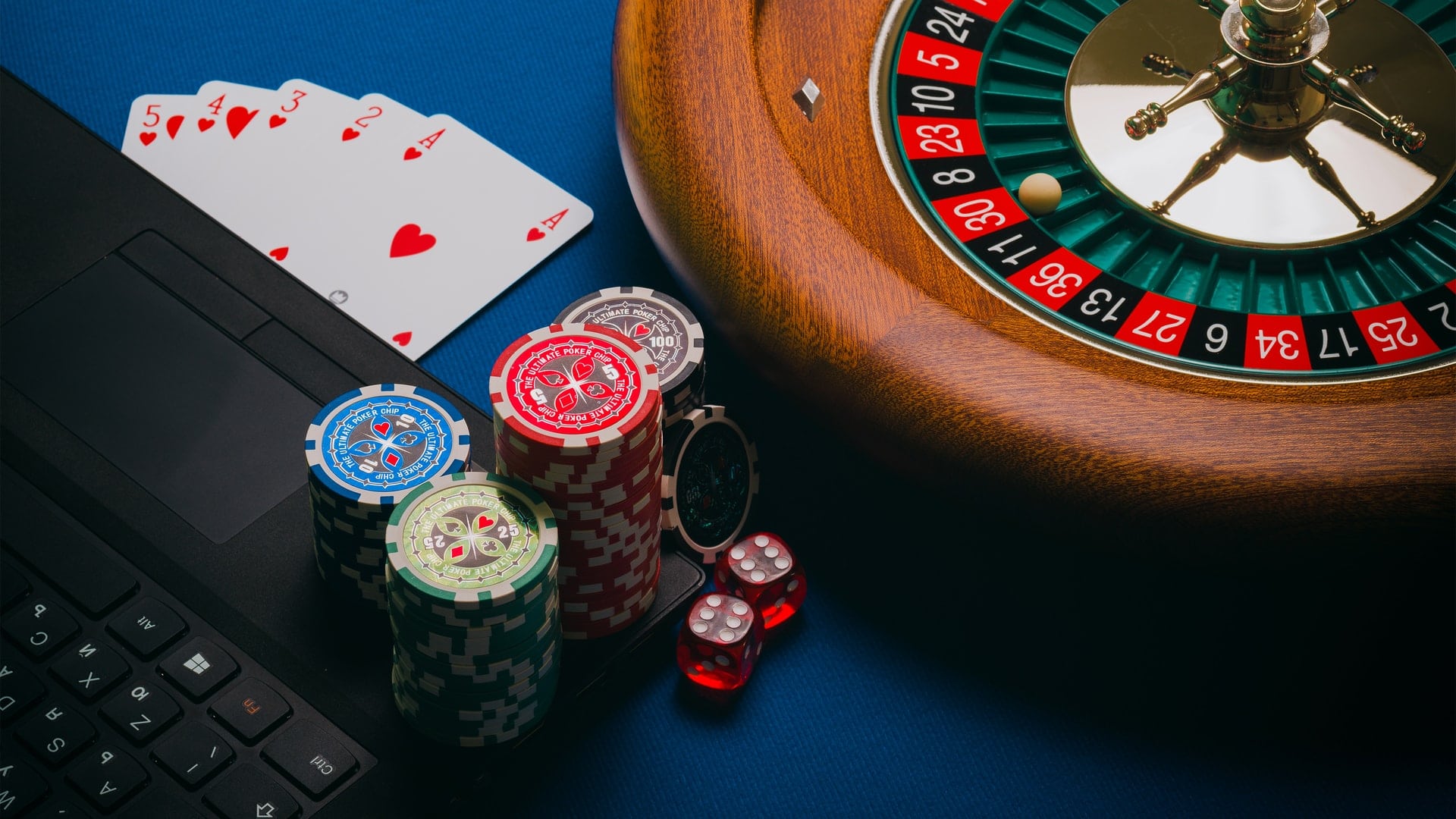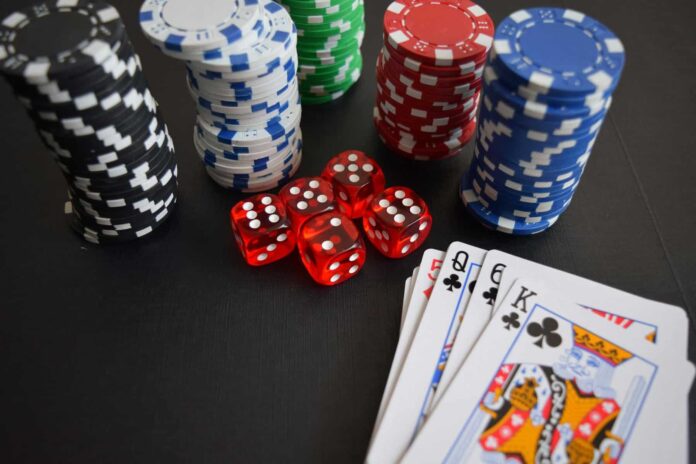Gambling, an age-old pastime steeped in both allure and risk, captivates millions around the globe. At first glance, it may appear as just a simple game of chance, but beneath the surface lies a complex tapestry woven with psychological intricacies.
As individuals bet their hard-earned money on the roll of a die or the spin of a wheel, they often find themselves entangled in a web of emotions ranging from exhilaration to despair. The thrill of winning can ignite a rush of euphoria, while the agony of loss may plunge players into deep psychological turmoil.
But what drives this seemingly paradoxical behavior? To understand the psychological effects of gambling, one must explore the interplay of human emotions, cognitive biases, and social influences. This exploration not only unveils the motivations behind gambling but also sheds light on its potential to lead individuals down a perilous path of addiction and despair.
In the following sections, we will delve into these complexities, unraveling the mental mechanisms at play in the world of high stakes and chance.
Introduction to Gambling Psychology

Gambling psychology is a fascinating field that delves into the intricate web of thoughts, emotions, and behaviors that influence why people engage in gambling. At its core, it examines the underlying motives driving individuals to risk their money for the thrill of potential reward.
Some are drawn by the allure of winning big, while others might be seeking an escape from everyday stresses or a sense of community within the gaming environment. The impact of cognitive biases and emotional states cannot be understated; for instance, the gamblers fallacy can skew perceptions of luck and probability, leading to risky decisions.
Moreover, the intoxicating blend of excitement, hope, and fear creates a unique psychological landscape where the stakes are more than just monetary. Understanding these dynamics is crucial for both players and professionals alike, as they navigate the fine line between entertainment and addiction in the high-stakes world of gambling.
The Thrill of the Gamble: Understanding the Allure

The thrill of gambling is a captivating dance with probability, where each roll of the dice or flip of a card brings with it a surge of adrenaline that’s hard to replicate. It’s the intoxicating blend of hope and risk that draws individuals into the fray, igniting a primal urge to chase not just wins but the elusive feeling of euphoria that accompanies them.
Some find solace in the strategy, meticulously calculating odds, while others plunge headfirst into the chaos, reveling in the suspense and uncertainty. This heady mix of anticipation and potential reward creates an almost magnetic pull for many, making the casino floor a playground of emotions: joy, despair, elation, and regret, all vying for attention in a single heartbeat.
Ultimately, it’s this complex tapestry of emotional highs and lows that keeps players coming back, seeking to conquer not just games but the very essence of change itself.
Psychological Effects of Winning vs. Losing

Winning and losing in gambling can trigger a complex array of psychological responses that profoundly impact an individual’s mental state. A win, often exhilarating and euphoric, can create a rush of dopamine, fostering a sense of invincibility and a distorted belief in one’s ability to predict outcomes. This heightened state may propel gamblers into riskier behaviors, as they chase the exhilarating high, sometimes blurring the lines between luck and skill.
Conversely, the sting of a loss can unravel emotions, leading to feelings of despair, guilt, or even anger. The aftermath of losing can result in a desperate urge to reclaim losses, driving a dangerous cycle of chasing one’s next win, which can exacerbate anxiety and depression.
Ultimately, these psychological effects are not merely fleeting sensations; they can shape identity, self-worth, and even relationships, embedding a gambler deeper into the tumultuous world of chance.
Conclusion
In conclusion, the psychological effects of gambling can be both profound and multifaceted, impacting individuals in various ways that span from the thrill of winning to the devastating consequences of addiction. Understanding these effects is crucial for promoting awareness and encouraging healthy behaviors.
As we navigate the complex landscape of gambling, it becomes increasingly important to prioritize responsible gaming practices. By fostering a balanced approach to gambling, individuals can enjoy the excitement it offers while mitigating the risks associated with excessive play.
Ultimately, promoting mental well-being in the context of gambling not only benefits the individual but also contributes to the health of communities as a whole.




